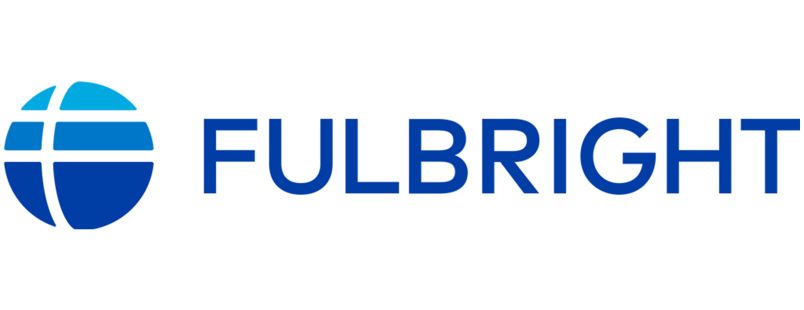Partners
|
The British Council creates international opportunities for the people of the UK and other countries and builds trust between them worldwide. We call this work cultural relations. We work in more than 100 countries to build opportunity and trust through the exchange of knowledge and ideas between people. We connect people with the United Kingdom, sharing our cultures and the UK’s most attractive assets: English, Arts, Education and our ways of living and organising society. We have over 75 years experience in doing this. We have been in Germany since 1959 and are on the ground on all six continents of the world (with more than 190 offices in 110 countries and territories). Every year, we reach out to thousands of students, policymakers, academics, researchers, artists, sportspeople, scientists, curators, creative entrepreneurs, head- and classroom teachers in Germany who work through us with their counterparts in the UK. In the process, they create new opportunities and possibilities for the UK and for our partners in Germany. |
|
|
The DAAD (German Academic Exchange Service) is a private, publicly funded, self-governing organisation of higher education institutions in Germany. It promotes international academic relations and university cooperation by offering mobility programs primarily for students and faculty, but also for administrators and others in the higher education realm. The headquarters of DAAD are located in Bonn, Germany with branch offices in Berlin and numerous other major cities worldwide. The DAAD office in Berlin consists of 2 sections, the DAAD Artists-in-Berlin Programme, a residential programme for international artists of all countries, and the Liaison Office Edcuation/Research. Since parliament, the government, and the foreign missions moved to Berlin, the liaison office is taking on the role of the DAAD representation in the capital. In its capacity as the “capital office”, it organises and implements – together with the DAAD headquarters in Bonn – various events in Berlin. It provides information and advice for German and foreign scientists and students and acts as a point of contact for Berlin based partners as well as national and international organisations. |
|
|
Freie Universität Berlin is a leading research institution and one of Germany’s eleven universities of excellence. Freie Universität comprises twelve departments and three Central Institutes, offering more than 150 different academic programs in a broad range of disciplines, with a particularly strong profile in Humanities, Social Sciences, Natural Sciences and Life Sciences. Ever since its foundation in 1948 with the help of the United States, international cooperation has been one of the most distinctive features of Freie Universität. Deeply rooted in this tradition, Freie Universität has adopted the International Network University concept, making internationalization of research and teaching one of its core strategic goals which is supported by a network of seven liaison offices in Brussels, Moscow, Cairo, New Delhi, Beijing, Sao Paulo and New York. Freie Universität also engages actively in promoting international dialogue on higher education related themes. |
|
|
The Fulbright Program is a world-wide initiative implementing Senator J. William Fulbright’s visionary concept: the promotion of mutual understanding between countries through academic and bicultural exchange. The German-American Fulbright Program – the largest Fulbright Program in the world – has sponsored more than 42,000 Germans and Americans since its implementation in 1952. The defining characteristic of the program is student exchange. Annual grants are provided for German and U.S. students who stand out academically and want to broaden their social and cultural horizon. This core program for future leaders is complemented by various short-term and long-term programs for scholars, secondary teachers, teaching assistants, journalists, educational experts and young leaders with immigrant backgrounds. The German-American Fulbright Commission supports annually 350 German and 350 U.S. academics. Funding is provided by the German government, the U.S. government and various other non-governmental sources. A network of more than 7000 alumni in the U.S. and in Germany and the German Fulbright Alumni Association actively support the German-American Fulbright Commission and its programs through active participation and donations. |
 |
